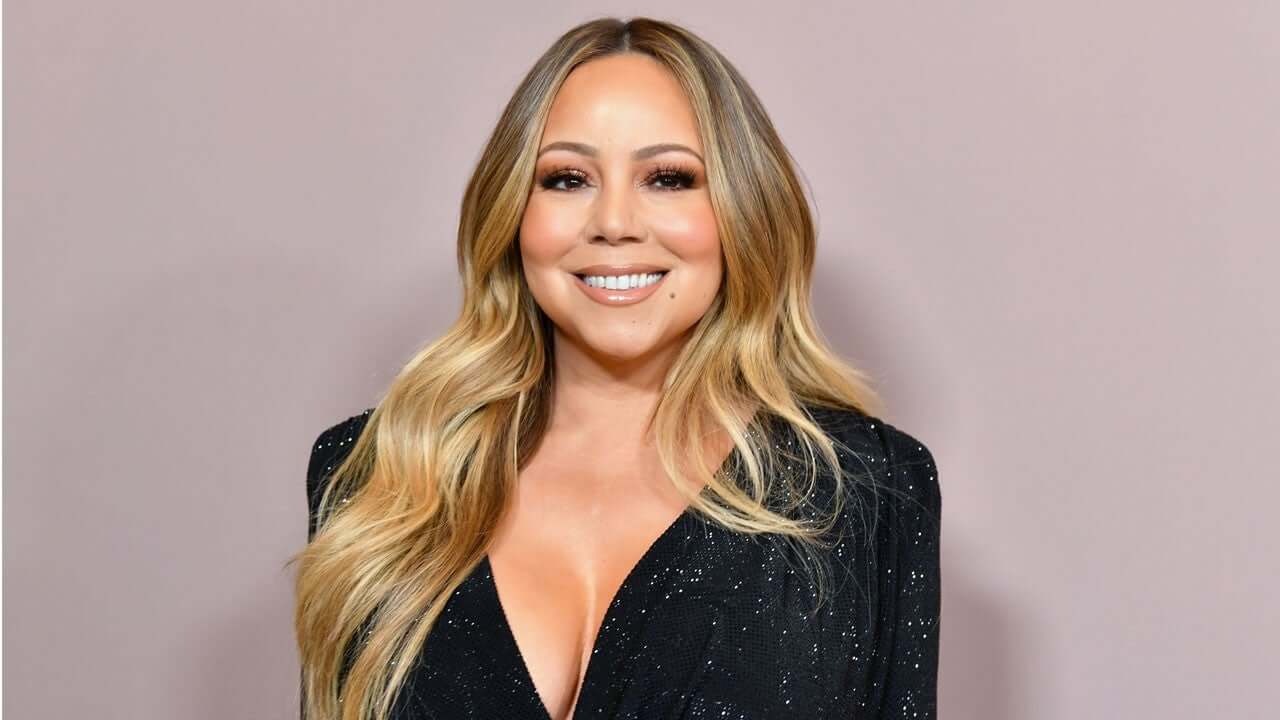
Mariah Carey on Overcoming Childhood ‘Traumatizing’
Mariah Carey has opened up about her complicated relationship with her mother, and how it still impacts her life and career.
In a new interview with CBS This Morning, Carey, who is promoting her new memoir The Meaning of Mariah Carey, discussed her mother Patricia’s alleged jealousy over her career.
Explaining that Patricia is a “very talented” Juilliard-trained opera singer, the 50-year-old told Gayle King: “I’ve always credited her with exposing me to music,” and encouraging Carey to say “when I make it” not “if I make it”.
“It’s such a complicated relationship,” the We Belong Together singer said.
According to Carey, at one point while she was growing up, her mother told her she “should only hope” she could be “half the singer” Patricia was.
“There was a distinct shift: she made me feel like the competition, like a threat. In place of our previous bond grew a different tie, a rope tethering us through shared biology and social obligation,” Carey writes in the memoir. “Having people you love be jealous of you professionally comes with the territory of success, but when the person is your mother and the jealousy is revealed at such a tender age, it’s particularly painful.”
Mariah Carey opens up about effect her mother’s jealousy had on her
“It definitely had an effect on me,” Carey told King of her mother’s words, adding: “I don’t know that she would even remember that.
“That one statement did live with me for the rest of my life though. You have to be so careful what you say.”
The singer said her mother’s comments have impacted her relationship with her own children, nine-year-old twins Moroccan and Monroe, who she shares with ex-husband Nick Cannon.
“With my kids, I really try to acknowledge their talent and acknowledge when they draw a picture for me or sing or dance or anything that they do, I want them to know that it’s also all about them and their happiness,” she said. “For me, it’s very important that the kids always feel safe and that they feel seen and heard and that they know that they are loved unconditionally and that no matter what, I’ll be there for them.
“That’s very important to me because growing up and being alone in the house or alone in these dangerous situations was traumatising.”
During the interview, Carey also opened up about what writing the memoir meant to her, and how it was about “emancipating [her] inner child, the little girl that never really felt seen or heard.”
Carey, who grew up biracial in a predominantly white neighborhood, recalled one moment during her childhood where she was cornered by people she thought were her friends during a sleepover in the Hamptons.
“They got me in a room, cornered me and started using the N-word over and over and over,” Carey revealed, adding that she “didn’t feel accepted in anyone’s particular world” when she was younger.
Despite her complicated relationship with her mother, Carey paid tribute to Patricia in the dedication of her book, where she wrote: “And to Pat, my mother, who, through it all, I do believe actually did the best she could. I will love you the best I can, always.”

